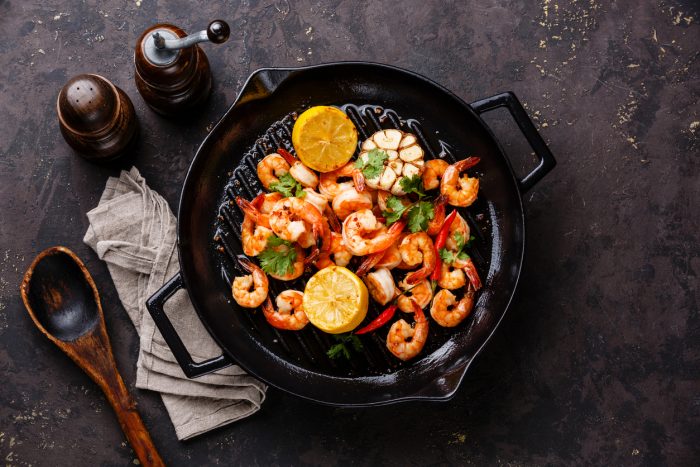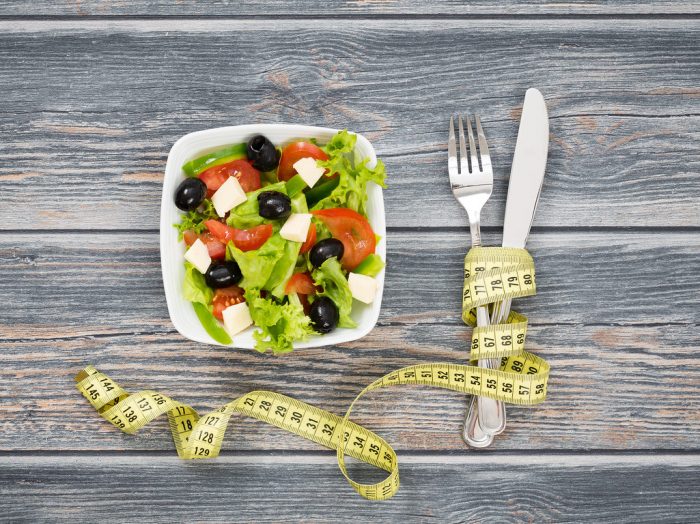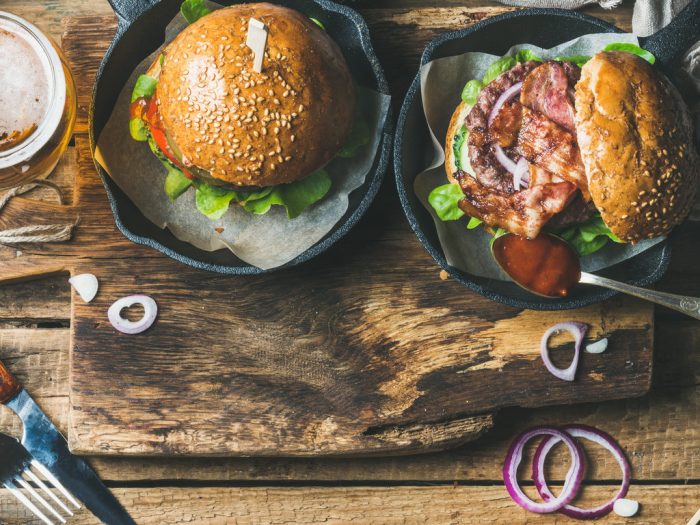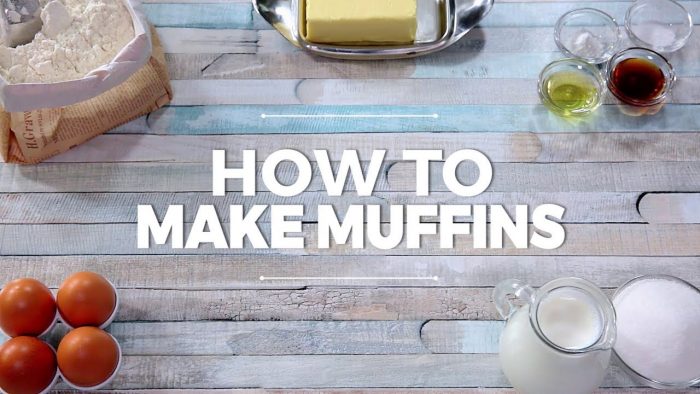Nobody was born with a spatula in one hand and a pan in the other, knowing how to do everything perfectly. We also learn how to cook from imperfect humans, which means that some small cooking mistakes can happen anytime.
When I was a child, my mother wouldn’t let me help her in the kitchen, so on some rare occasions, I watched her or my father while they were cooking dinner, trying to steal some tips and tricks from them. Because that happened, there were a lot of pieces I was missing whenever I tried to replicate what I saw. So, in the beginning, I made a lot of cooking mistakes. For instance, I didn’t know that you have to wait for the oil to be heated when you try to fry meat. So the pieces got too cooked on the outside and not enough on the inside.
But there are simple ways to correct this kind of cooking mistakes, which will make your meals healthier and richer in flavor. That means a stronger body and a stronger mind to get you through the busiest, most stressful days.
5 tips for fixing common cooking mistakes
1. Let the meat rest
We know you’re hungry and your steak smells and looks divine! But, after cooking, make sure you wait a few minutes before digging in with the knife and fork. The juices in the meat redistribute, so your meal will be even more delicious and tender.
2. Add the garlic in the end
If you’re cooking with garlic – and if you don’t, you should start right now! – then make sure you add it to the pan or oven tray after the other ingredients are already a bit cooked. If you don’t, it will cook too fast and burn easily. And most probably will give your dish a bitter aftertaste, which might ruin your dinner. But a lightly cooked garlic slice or mince is to die for in any dish!

3. Know your oils
Don’t use the same oil for any type of dish you’re making. Especially extra virgin olive oil. It starts to burn at a very low temperature – or smoke point. If you use it in extremely heated circumstances, it can be very unhealthy for you. Not to mention that your dishes will taste and feel like wasted potential. You can use sunflower oil for frying, coconut oil for roasting, and keep the extra virgin olive oil for vinaigrettes and marinades.
4. Leave the food room to breathe
You’re going to want to give your food space in the pan or skillet so that it isn’t touching. We’re not talking about stir-frying, but mostly about frying meat and fritters. The space between the pieces of food helps the heat of the pan to distribute evenly, and all the sides will brown up equally.
5. Mind the temperature
It’s a rule! Don’t put cold meat in a hot pan. Or on the grill. Or in the scorching oven. Let it get to room temperature before throwing it in the inferno of the skillet. This means the outside of the meat will not be overdone, while the interior will remain raw.
On a related note, don’t put the still steaming food in the fridge. You risk contracting a food-borne illness because the dishes become breeding grounds for bacteria.






